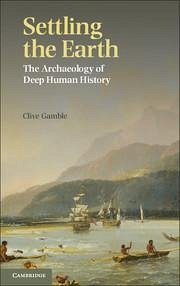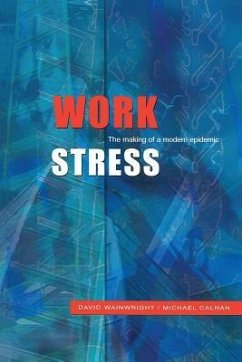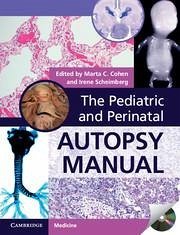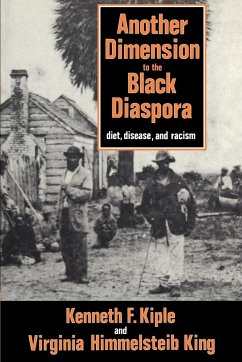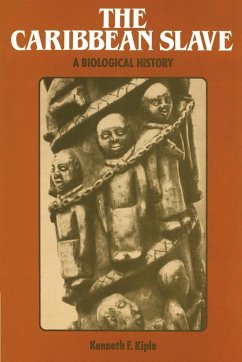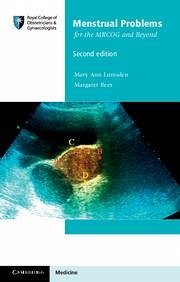Versandkostenfrei!
Versandfertig in über 4 Wochen
Weitere Ausgaben:

PAYBACK Punkte
20 °P sammeln!




In this worldwide survey, Clive Gamble explores the evolution of the human imagination, without which we would not have become a global species.
Clive Gamble is Professor of Archaeology at the University of Southampton and one of the world's leading authorities on the archaeology of early human societies. He is founder of the Centre for the Archaeology of Human Origins at the University of Southampton. Gamble has travelled extensively to see firsthand the evidence for social change from our earliest past and most recently visited every continent while filming an acclaimed six part documentary entitled Where Do We Come From? for the UK's 5 network. He has held visiting positions at the Australian National University; the Museo de la Plata, Argentina; and the universities of LaTrobe, Boston and Alaska. He is much sought after as a keynote speaker at international conferences and has been a frequent contributor to national radio. His many groundbreaking books include The Palaeolithic Settlement of Europe (1986); Timewalkers: The Prehistory of Global Colonisation (1993); The Palaeolithic Societies of Europe (1999), the 2000 winner of the Society of American Archaeology Book Award; Archaeology: The Basics (2001); and Origins and Revolutions: Hominin Identity in Earliest Prehistory (2007). In 2005 Gamble was awarded the Rivers Memorial Medal by the Royal Anthropological Institute in recognition of his outstanding contribution to the field and in 2008 he won the Henry Stopes Medal from the Geologists' Association. He was elected a Fellow of the British Academy in 2000, appointed a Trustee to the British Museum in 2010, and elected President of the Royal Anthropological Institute in 2011, the first archaeologist to hold this post in more than thirty years.
Produktdetails
- Verlag: Cambridge University Press
- Seitenzahl: 396
- Erscheinungstermin: 31. Dezember 2013
- Englisch
- Abmessung: 226mm x 152mm x 28mm
- Gewicht: 680g
- ISBN-13: 9781107601079
- ISBN-10: 110760107X
- Artikelnr.: 39045253
Herstellerkennzeichnung
Libri GmbH
Europaallee 1
36244 Bad Hersfeld
gpsr@libri.de
Für dieses Produkt wurde noch keine Bewertung abgegeben. Wir würden uns sehr freuen, wenn du die erste Bewertung schreibst!
Eine Bewertung schreiben
Eine Bewertung schreiben
Andere Kunden interessierten sich für



